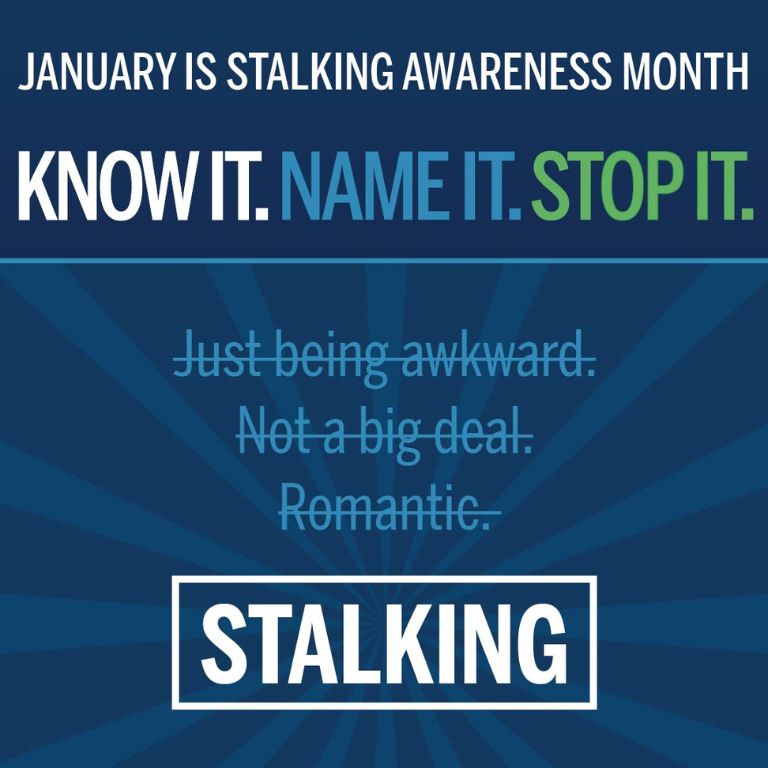Did you know that 25 percent of college students are victims of stalking behavior? January is Stalking Awareness Month. IUPUI wants all students to feel safe on campus and know the signs of what is considered stalking.
"Stalking is a really serious event, but we don’t talk about it in the same ways that we do domestic and sexual violence," Assistant Director of Interpersonal Violence Prevention and Advocacy Viviane Linos said. "I think that’s because stalking is normalized in our culture."
Stalking is a pattern of two or more repeated, unwanted behaviors that target a specific person in order to illicit fear. This can include someone waiting outside a classroom, following you home from work or trying to excessively contact you over social media. These behaviors can often escalate into constant following and an invasion of privacy.
How to recognize stalking behaviors
"If someone leaves a cup of coffee for me at work, to most people that looks like an act of kindness," Linos said. "But it means that the perpetrator knows where I work, and maybe even knows how I get to work. If I’ve already told that person to leave me alone, that knowledge can be really scary."
What differentiates stalking behavior is that the perpetrator has been informed the behavior is unwanted, but continues to do it anyway. This type of "persistent" stalking behavior is often seen in romantic films and other media.
"There are a lot of movies where somebody shows up at someone’s house with a boombox or doesn’t take no for an answer – just because they think someone’s playing hard to get," said Linos.
"A lot of behaviors that are considered stalking are often portrayed as romantic."
Tips for staying safe
It is one thing to know what stalking is – it is another to know how to keep yourself and others safe both on and off campus.
"Safety planning is when you think of possible ways to make your current situation safer," Linos explained. "Maybe you share a photo of your stalker with your friends, your RA, or the staff in your residence hall. Maybe you take a different route to your classes or work for a while."
"These aren’t necessarily long-term solutions, but they can help to make you as safe as possible."
When it comes to long-term solutions, Linos emphasized the importance of documenting stalking incidents in a log. A stalking incident log is available online and can be a great resource for holding a stalker accountable.
The incident log can be used as evidence to build a case against a stalker and shows the frequency of a stalker’s behavior to people who may not realize the severity of the issue.
Resources
On Jan. 17–19, there will be Stalking Awareness Month tablings in the Campus Center where the IPV CAPS team will teach students the signs of stalking and how to support a friend.
Any victims of stalking can anonymously report an incident on the Office of Equal Opportunity website. The Division of Student Affairs confidential advocate can be reached through saadv@iupui.edu or at 317-274-5715. In the case of an imminent emergency, call 911 or the Indiana University police department at 317-274-7911.



